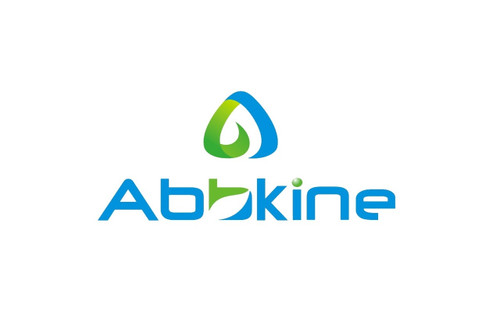Product Description
Rat Phospholipase A2, membrane associated (PLA2G2A) ELISA Kit | AE62873RA | Abebio
Species Reactivity: Rat (Rattus norvegicus)
Abbreviation: PLA2G2A
Alternative Name: MOM1; PLA2; PLA2B; PLA2L; PLA2S; PLAS1; sPLA2; phosphatidylcholine 2-acylhydrolase|phospholipase A2; group IIA
Application: ELISA
Range: 0.188-12 ng/mL
Sensitivity: 0.082 ng/mL
Intra-Assay: ≤3.3%
Inter-Assay: ≤8.9%
Recovery: 0, 97
Sample Type: Serum, Plasma, Other biological fluids
Detection Method: Sandwich
Analysis Method : Quantitive
Test Principale: This assay employs a two-site sandwich ELISA to quantitate PLA2G2A in samples. An antibody specific for PLA2G2A has been pre-coated onto a microplate. Standards and samples are pipetted into the wells and anyPLA2G2A present is bound by the immobilized antibody. After removing any unbound substances, a biotin-conjugated antibody specific for PLA2G2A is added to the wells. After washing, Streptavidin conjugated Horseradish Peroxidase (HRP) is added to the wells. Following a wash to remove any unbound avidin-enzyme reagent, a substrate solution is added to the wells and color develops in proportion to the amount of PLA2G2A bound in the initial step. The color development is stopped and the intensity of the color is measured.
Product Overview: Phospholipases A2 (PLA2s) hydrolyze the sn-2 fatty acid acyl ester bond of phosphoglycerides, releasing free fatty acids and lysophospholipids. PLA2G2A belongs to PLA2 group II, which consists of extracellular enzymes with low molecular masses that require calcium ions for catalysis . The deduced protein contains a 20-amino acid signal sequence, followed by a 124-amino acid mature peptide that has a calculated molecular mass of about 14 kD. The protein has characteristics of the type II class of PLA2s, including conserved catalytic residues and a Ca (2+) -binding loop. Northern blot analysis detected a 0.8-kb transcript in inflamed human synovial tissue and in peritoneal exudate cells from a peritonitis patient, but not in 2 activated human promyelocytic cell lines.
Stability: The stability of ELISA kit is determined by the loss rate of activity. The loss rate of this kit is less than 5% within the expiration date under appropriate storage condition. The loss rate was determined by accelerated thermal degradation test. Keep the kit at 37°C for 4 and 7 days, and compare O.D.values of the kit kept at 37°C with that of at recommended temperature. (referring from China Biological Products Standard, which was calculated by the Arrhenius equation. For ELISA kit, 4 days storage at 37°C can be considered as 6 months at 2 - 8°C, which means 7 days at 37°C equaling 12 months at 2 - 8°C) .
 Euro
Euro
 USD
USD
 British Pound
British Pound
 NULL
NULL








